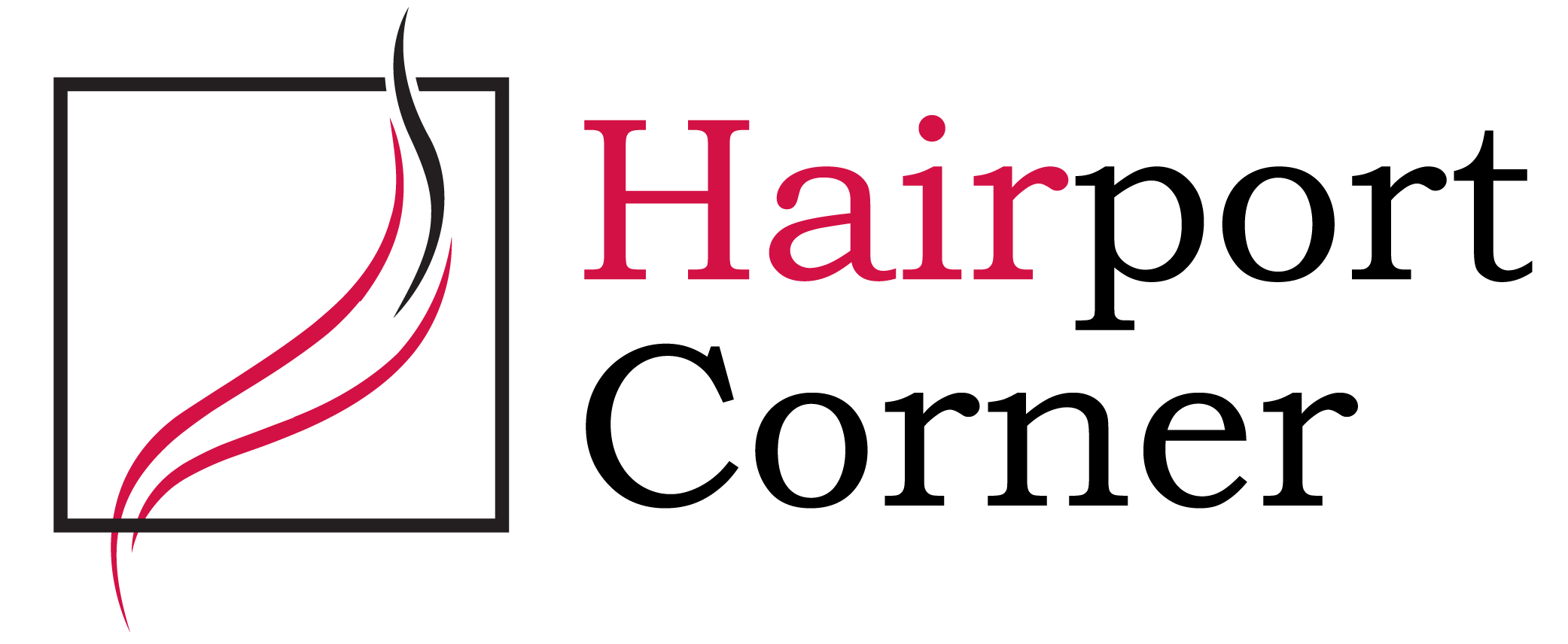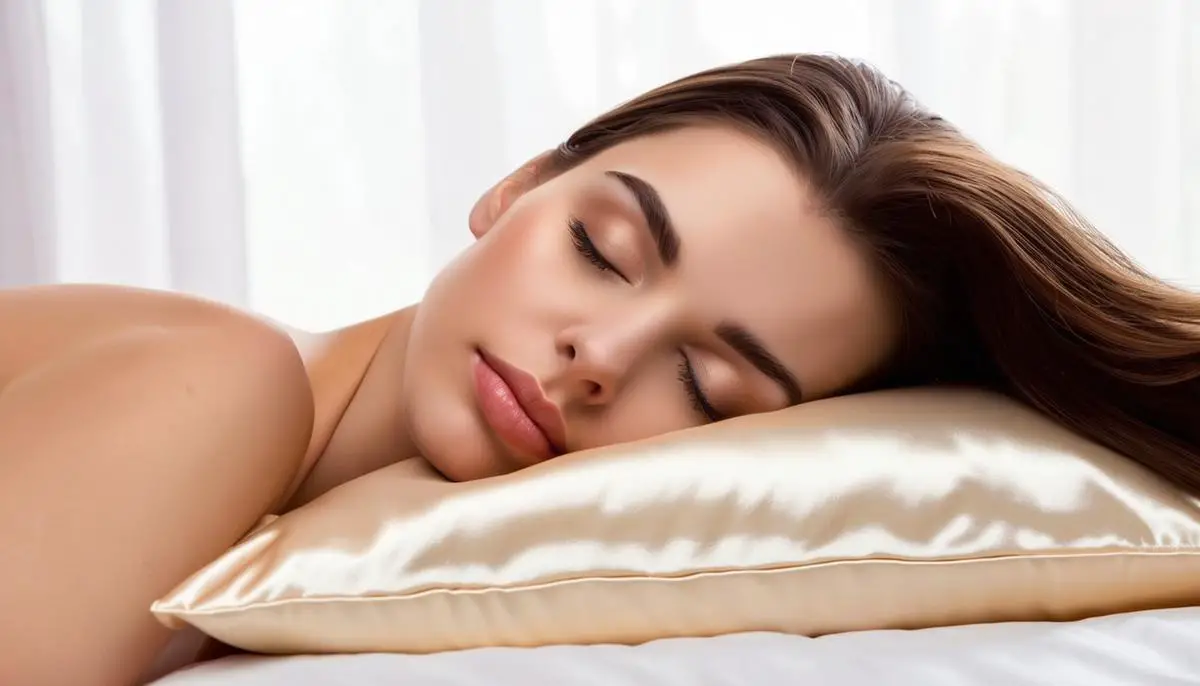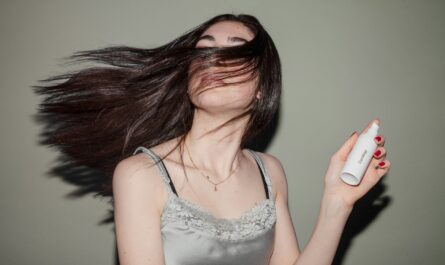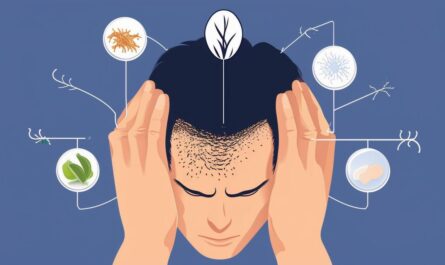Sleep Deprivation and Hair Loss
Sleep and hair health are more connected than you might think. When we don’t get enough sleep, we disrupt important processes in our body. Hormones, which regulate many bodily functions, can become imbalanced. Cortisol, often called the “stress hormone,” rises and can slow down hair growth.
Meanwhile, melatonin and growth hormones decrease. Melatonin, which helps us sleep, also encourages hair growth. Less sleep means less melatonin, potentially leading to slower hair growth. Growth hormone helps repair follicles, so less sleep can reduce this important maintenance.
Chronic stress, often linked to sleep deprivation, can cause temporary hair loss known as telogen effluvium. Your hair might feel thinner, with more strands falling out when brushing or appearing around your home.
Sleep deprivation also affects circulation, reducing oxygen and nutrient delivery to your scalp. This can further impact hair growth and health.
To improve your hair’s health, focus on getting better sleep. Create a bedtime routine, dim lights, turn off screens, and relax before bed. These small changes can make a big difference in both your sleep quality and hair health.
Hormonal Influence on Hair Growth
Hormone production is closely linked to sleep and hair growth. Melatonin, which rises at night, guides your body into rest and encourages hair cells to grow. During sleep, hair follicles receive signals to enter the active growth phase.
With sleep deprivation, melatonin doesn’t get a chance to do its job effectively. This can lead to less vibrant hair growth.
Cortisol, on the other hand, can become overactive during periods of stress or consistent sleep loss. High cortisol levels can disrupt the hair growth cycle, pushing follicles out of their growth phase into the resting one too soon.
To support healthy hair growth, focus on getting quality sleep. Create a bedtime ritual that helps you relax and allows your hormones to function properly. This balance can help your hair flourish.
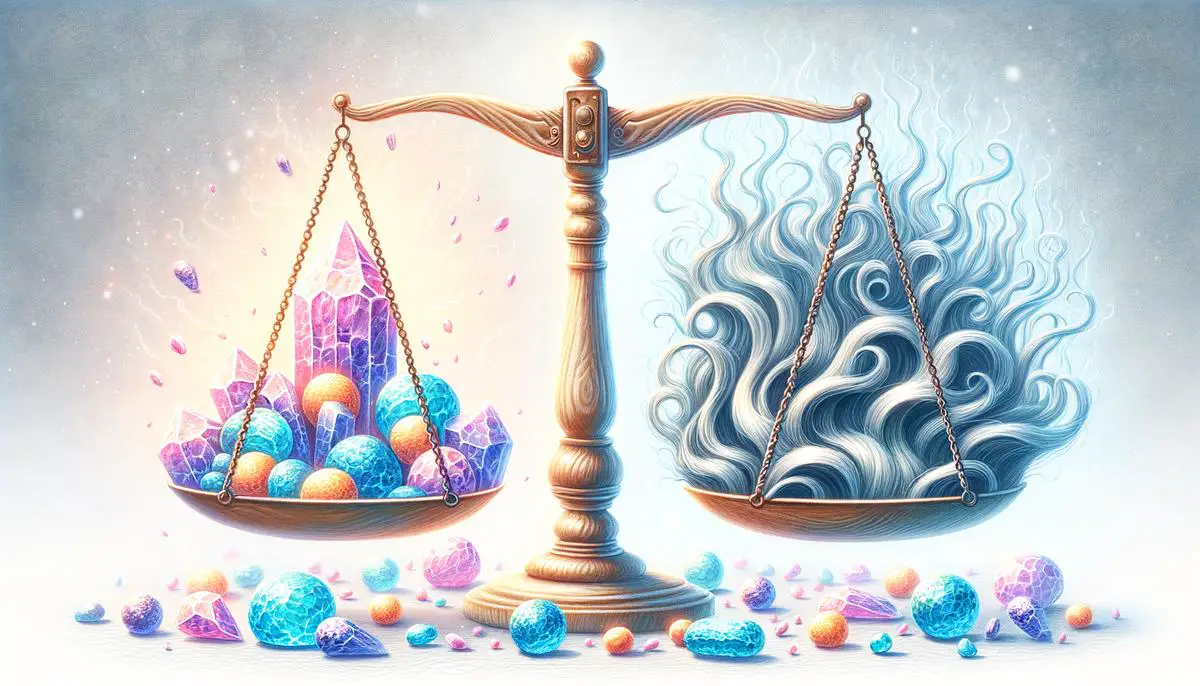
Improving Sleep for Better Hair Health
To enhance your sleep and boost hair health, try these strategies:
- Establish a consistent bedtime routine. Go to bed and wake up at the same time daily, even on weekends.
- Create a peaceful bedroom environment. Lower the lights and avoid screens an hour before bed to support melatonin production.
- Choose sleep-promoting foods like almonds, turkey, and chamomile tea. Avoid heavy, spicy meals before bed and save caffeine for mornings.
- Incorporate relaxation techniques such as meditation, yoga, or deep breathing exercises to reduce stress.
- Stay hydrated during the day, but reduce intake close to bedtime.
- Monitor your sleep patterns or journal your pre-bed activities to discover what works best for you.
By focusing on these basics, you can improve your sleep quality, which in turn supports healthier hair growth.
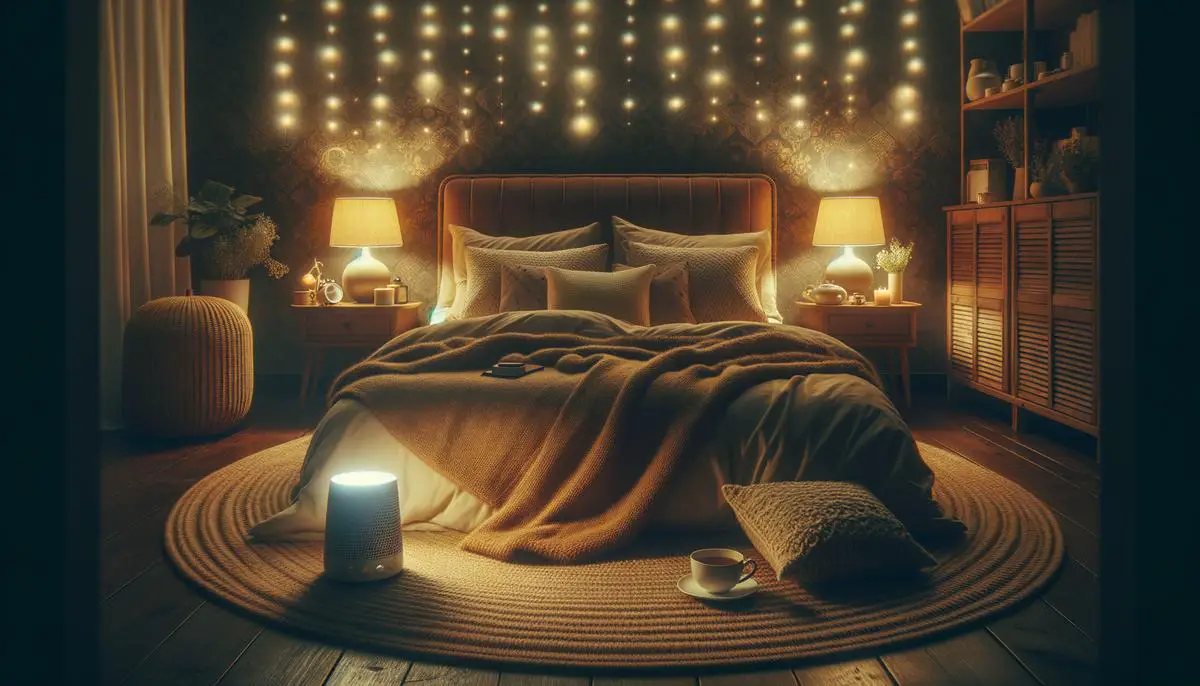
Managing Sleep Disorders to Prevent Hair Loss
Common sleep disorders like insomnia, sleep apnea, and restless legs syndrome (RLS) can impact hair health. These conditions can increase stress hormones, disrupt sleep cycles, and interfere with cell renewal, all of which can affect hair growth.
To combat these issues:
- Practice good sleep hygiene. Keep your bedroom a stress-free zone, embrace darkness and quiet, and ensure your bed is comfortable.
- Seek professional help if sleep issues persist. A sleep specialist can diagnose and treat these disorders effectively.
- Exercise regularly and maintain a balanced diet to help correct hormonal imbalances and calm your mind.
- Avoid caffeine and heavy meals close to bedtime.
- Use relaxation techniques like deep breathing or meditation before bed to quiet your mind.
Managing sleep disorders takes time and patience, but your hair will benefit from your efforts. Prioritize strategies to improve your rest, and you’ll likely see improvements in your hair health as well.
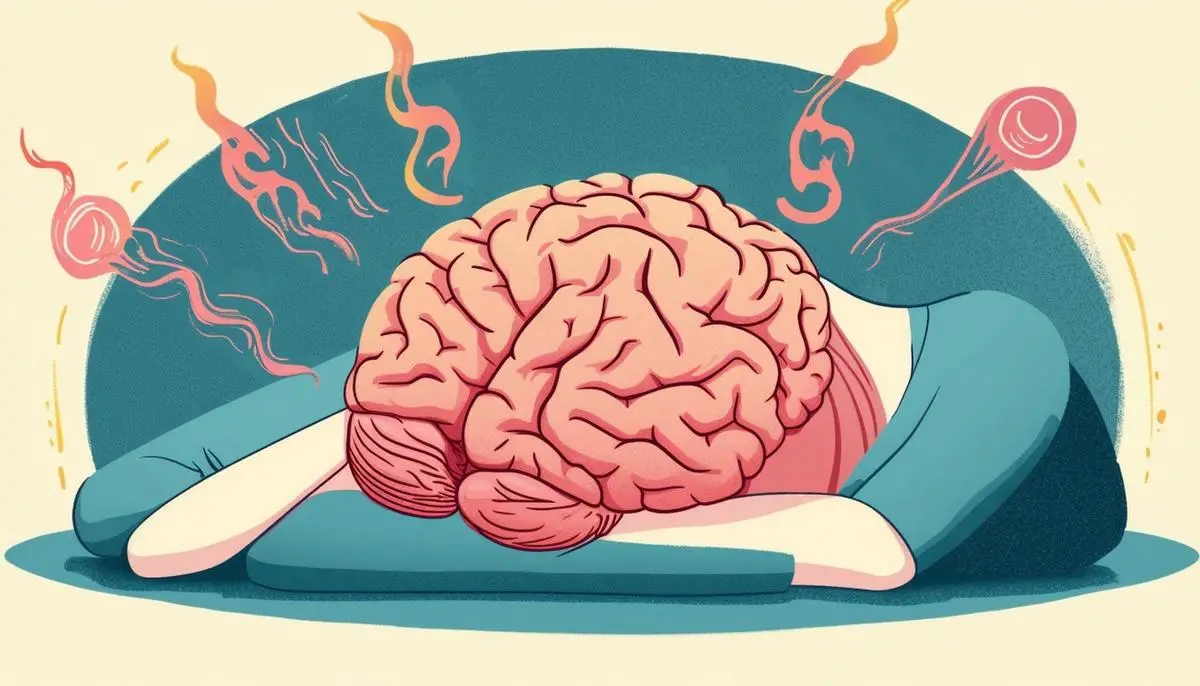
Remember that quality sleep is a powerful ally for your hair. By prioritizing rest, you’re nurturing every strand and supporting overall hair health.
"For me it was like my hair finally caught up to my face," Crawford told WSJ. Magazine. "As a woman, you know you're going to get wrinkles and your hair is going to turn gray, but no one really talks about the hair itself aging."
Supermodel Cindy Crawford’s secret weapon for hair health? A silk pillowcase. She explains, “I always sleep on a silk pillowcase because I feel like it helps keep my hair from getting too frizzy at night.”
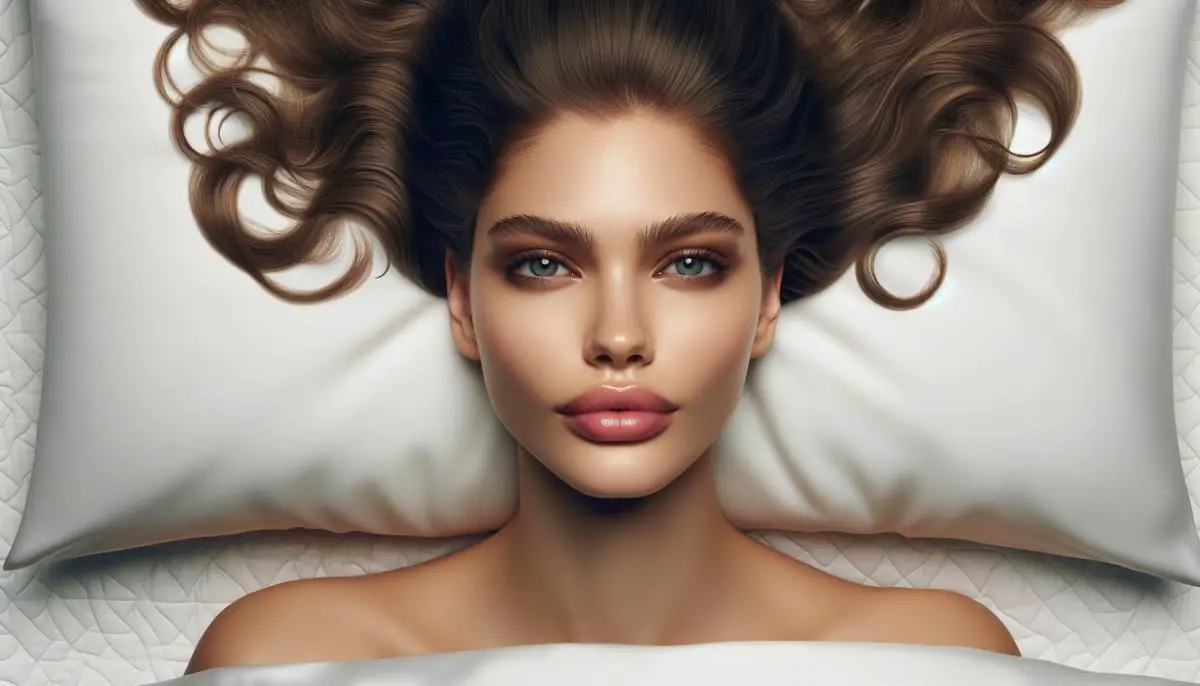
- Garg S, Manchanda S. Sleep disorders in the elderly. Clin Geriatr Med. 2008;24(1):139-149.
- Trüeb RM. Oxidative stress in ageing of hair. Int J Trichology. 2009;1(1):6-14.
- Mahé YF, Michelet JF, Billoni N, et al. Androgenetic alopecia and microinflammation. Int J Dermatol. 2000;39(8):576-584.
Read More – How to Maintain Straight Hair with Minimal Effort
